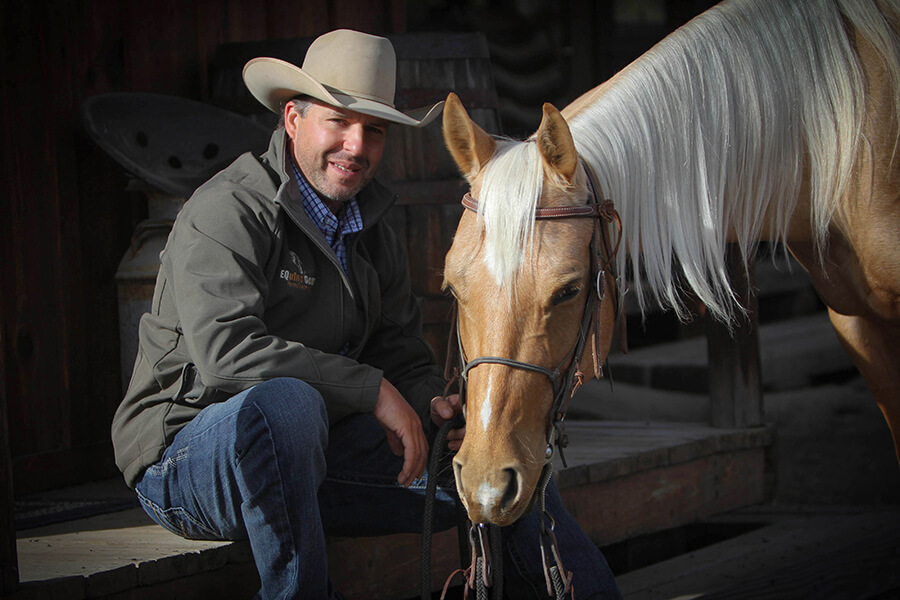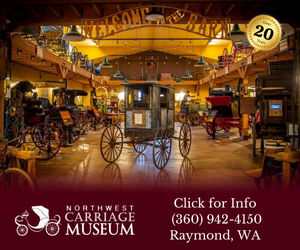Hi Julia,
That is a great question. The most important part of this is to teach your horse to respond more to your seat and leg than the reins. The percent of “control” that should come from each of these aids should be 80% seat, 15% leg, and 5% rein.
Make the wrong thing difficult and the right thing easy. Most people only focus on consistent impulsion when it comes to faster speeds such as the canter, but you can also focus on this at the walk and trot. Use your seat and body language to “ride your horse faster and slower”. Practice transitioning from a slow walk, to a fast walk, to a slow trot, to a fast trot, to a slow canter, to a fast canter; and then back down the scale again. Make sure that you are rewarding your horse when they respond to your seat and leg cues. Remember to use phases; for example, when slowing down, think about slowing down (intention is a phase), sit deeper in the saddle, use your voice, use your reins; then reward when the horse responds. If you are consistent in your ask and your reward, your horse will learn what happens before what happens happens and will eventually respond to the first phase – intention.
Work on exercises such as the 50/50 drill which has you collect and soften your horse for one lap and then release and let your horse have one lap to themself; so, one lap is “yours” and one is “theirs”. Eventually they will adjust their circle to match your circle and that’s when you stop and let them soak in that idea. The trick is, not to say “no” to your horse, but to help them make your idea their idea.
The most important part to remember is release teaches, so don’t micromanage your horse when they are going the speed that you want. When they slow down, add pressure to speed them up; and when they go too fast, use seat position and rein collection to slow them down; but when they are at your target speed, let them be.







